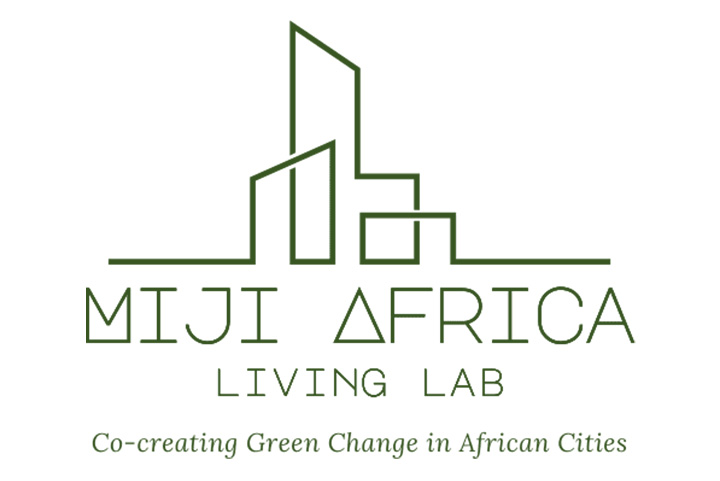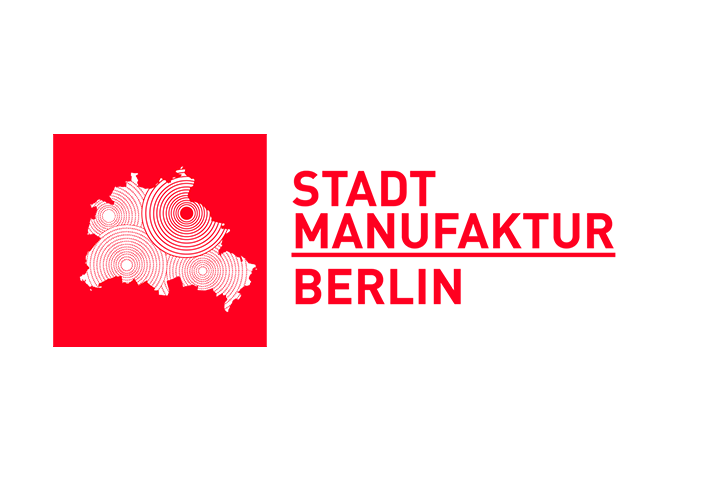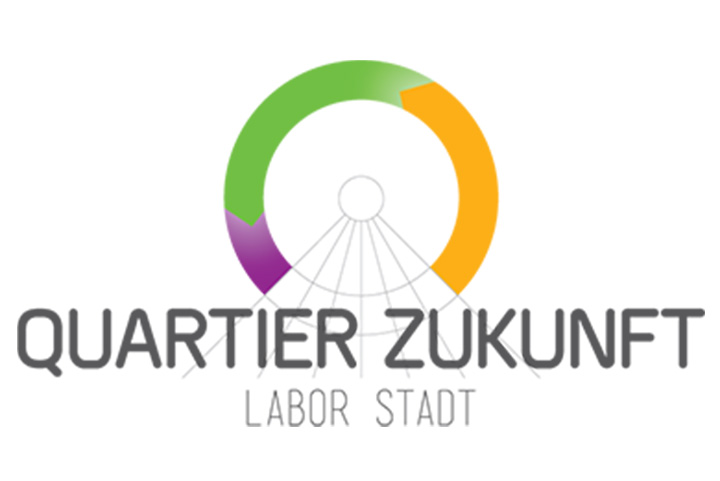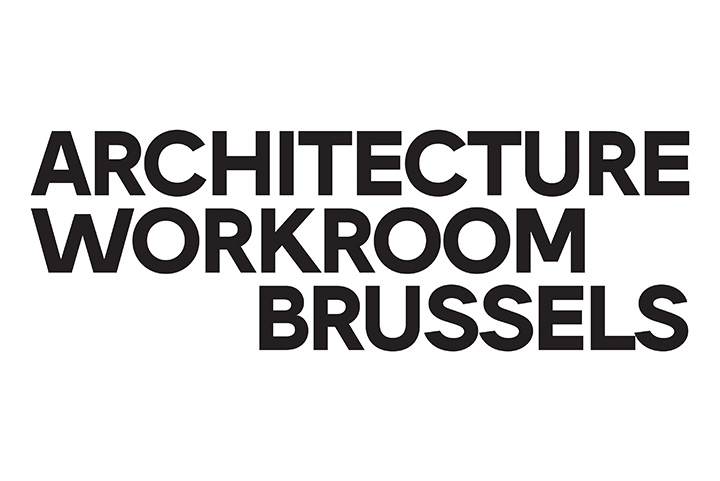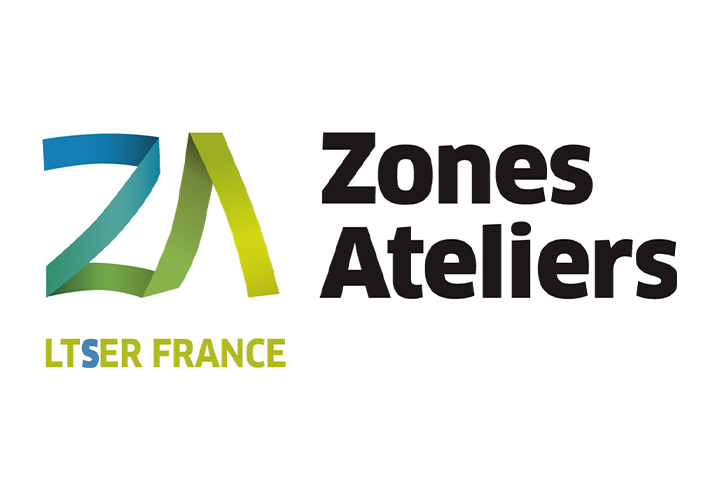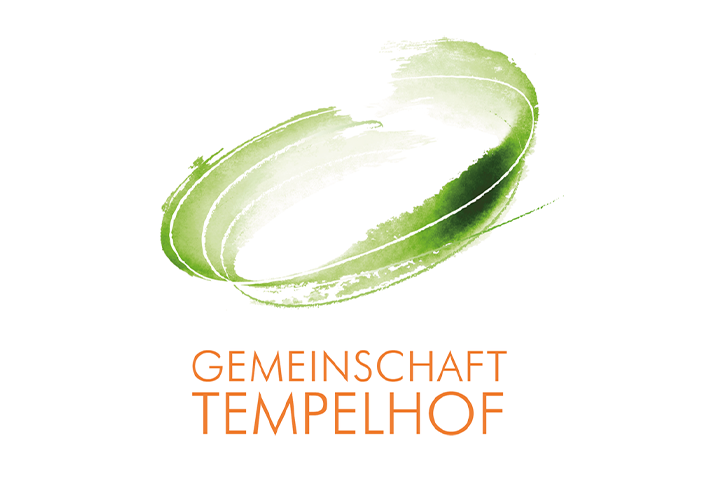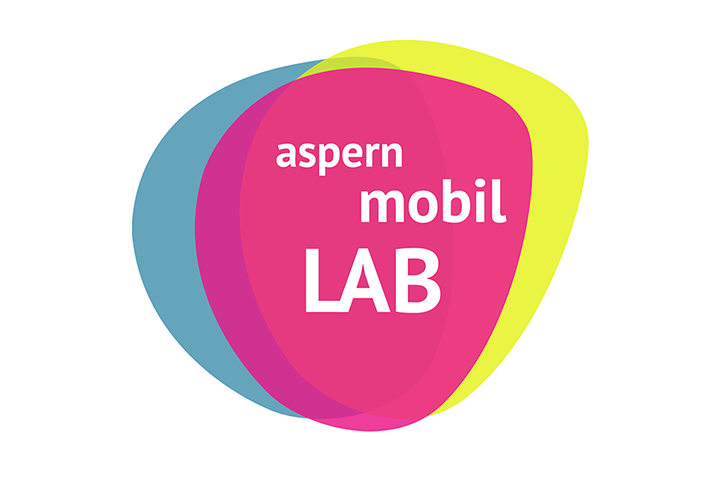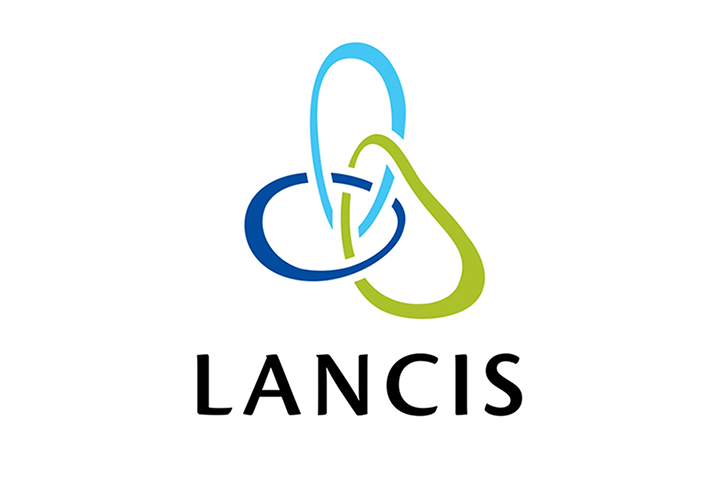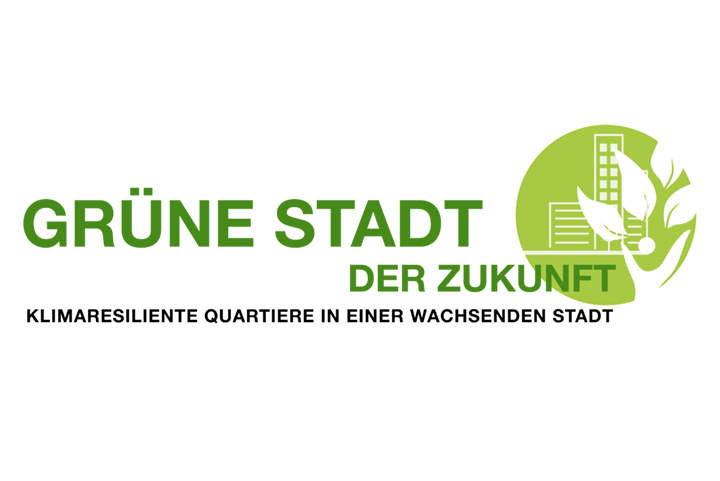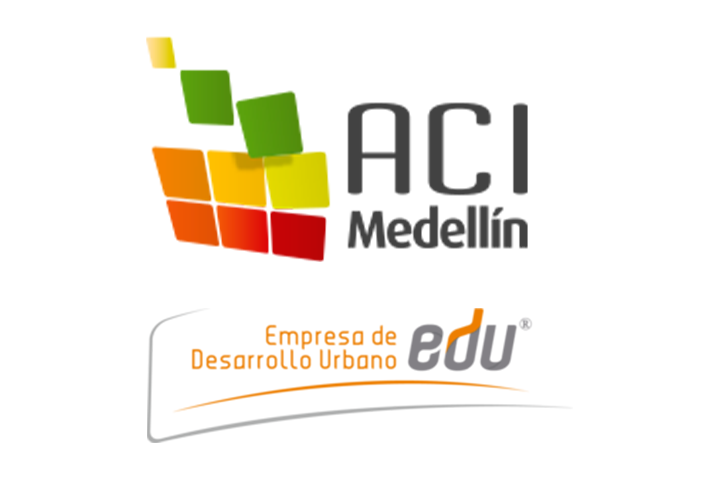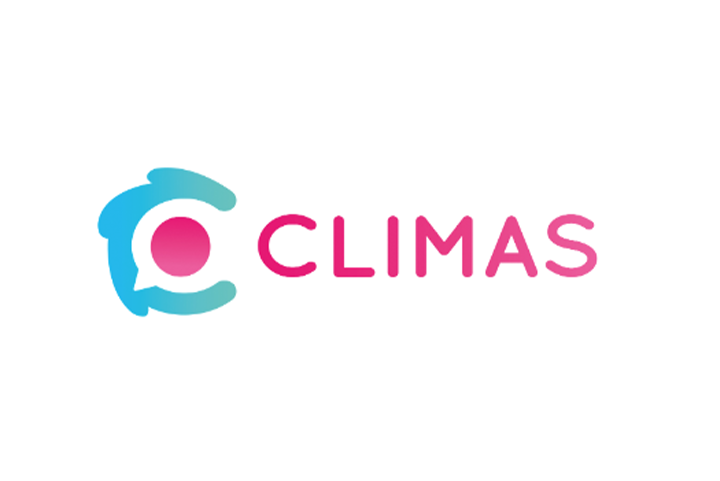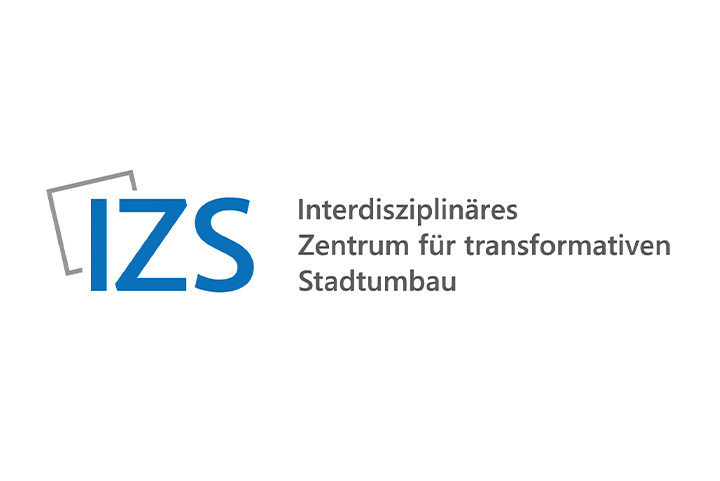Miji Africa Living Lab I Nairobi
Miji Africa is a pioneering living lab that supports the innovation ecosystem by co-creating development solutions with low-income, under-served and marginalized communities to promote equitable and inclusive livelihood transformation. In Miji Africa, we are committed to steering innovation solutions through pragmatic, holistic and climate-conscious approaches to mitigate urban poverty, improve livelihoods, and increase community resilience in Urban Africa.
In the journey of leaving no one behind, we recognize that low–income and under-served communities, such as informal settlements, which host the majority of Africa’s urban population, must be at the heart of innovation implementation and scaling and are key in mitigating climate change.
StadtManufaktur I Berlin
StadtManufaktur Berlin is the real-world laboratory platform of the Technische Universität Berlin. It facilitates collaboration between researchers and partners from politics, business, culture, and civil society to develop innovative solutions for urban challenges. The focus areas include climate adaptation, social cooperation, sustainable mobility concepts, and the transformation towards a circular city. The initiative supports the organization, documentation, and evaluation of real-world laboratory work in the context of urban transformation towards sustainability.
Quartier Zukunft I Karlsruhe
Quartier Zukunft – Labor Stadt (District Future – Urban Lab) is a real-world lab run by Karlsruhe Transformation Center at KIT that aims to collaboratively develop, test and research sustainable solutions for urban living in a long-term participatory process. In the lab residents, researchers, city administration and local stakeholders work together to foster a ‘Culture of Sustainability’ and transform Karlsruhe's district Oststadt into a livable and sustainable urban environment. Following a holistic approach, focusses are on energy transition, climate protection, sustainable mobility, social participation, and personal sustainability.
City as Living Laboratory I New York
City as Living Laboratory (CALL) is a New York-based organization that unites artists, scientists, and urban residents to collaboratively address pressing environmental challenges, focusing on climate, equity, and health. By fostering interdisciplinary partnerships, CALL aims to transform complex environmental issues into personal experiences that inspire community action. CALL's mission is to harness the combined power of art and science to deepen the understanding of critical environmental concerns within local communities, thereby motivating sustainable solutions. Their vision encompasses the creation of more livable, sustainable, and equitable urban areas, enriched by thriving local ecosystems. This vision is actualized through collaborative projects and programs that blend artistic creativity with scientific insight. The organization upholds values such as creative and holistic problem-solving, interdisciplinary collaboration, personal engagement with local ecosystems, equitable decision-making, sustainable development, and the integration of environmental, social, and economic goals.
Living Lab Herk & Mombeek I Brüssel
How can we retain enough water in upstream areas to better arm the landscape, agriculture and our nature against extreme precipitation and drought? How can we maximise water retention in the landscape to prevent drought and flooding? How can we achieve this not only in the streams and surrounding nature, but also in the villages, fields, forests and meadows? The seare the central questions that are being investigated within Living Lab Herk and Mombeek. What is innovative about this Lab is that local stakeholders indicate which damage was unacceptable to the min recent years, and from there, hydrological modelling and design research are used to develop a concrete investment plan. Not a next ernal abstract goal, but one that is formulated locally. A breakthrough in finding sufficient support to rollout many small measures on a large scale.
Zone Atelier Environnementale Urbaine (ZAEU) I Strasbourg
The Zone Atelier Environnementale Urbaine (ZAEU) is an interdisciplinary research initiative based in Strasbourg, France, focusing on urban socio-ecosystems. Established in 2011, ZAEU is a collaboration between academic institutions, including the CNRS and the University of Strasbourg, and local authorities such as the Eurometropolis of Strasbourg. It is part of the French LTSER (Long-Term Socio-Ecological Research) network and contributes to European research efforts on sustainable urban development .
ZAEU's research addresses six key themes: food and waste, water and sustainability, energy and air quality, mobility and health, urban nature, and land use. These themes are explored through long-term observations, data analysis, and scenario development to inform sustainable urban planning. The initiative also emphasizes the importance of inclusive governance and citizen engagement in addressing environmental challenges .
By integrating scientific research with practical urban management, ZAEU aims to develop solutions that promote ecological, economic, and social sustainability in urban environments.
Community Schloss Tempelhof I Kreßberg
Schloss Tempelhof (Ecovillage) is a grassroots, democratic living community, located in Southern Germany. Home to 180 people from 0-83 years, it integrates regenerative living, sustainable housing and experimental buildings, alternative education, social and technical experimentation and forward-thinking social systems. Its holistic concept embraces a culture of co-creation, self-responsibility, and ecological awareness. Sustainability is a guiding principle for every aspect of life. The community seeks to regenerate ecosystems (permaculture, agroforestry, soil health), foster inner development (We-process, forum, buddy-system), and build resilient social structures (e.g. solidary long-term food productivity, self-sufficiency, commons) that align with planetary boundaries. It hosts a free school and forest kindergarten, a seminar house, testing fields for transformative, future oriented education for young adults, working spaces for independent learning as well as cultural and sportive events.
Aspern mobil LAB I Wien
The aspern.mobil LAB is an Urban Mobility Laboratory located in Vienna's Seestadt Aspern district. It serves as a collaborative innovation space where residents, researchers, municipal authorities, and businesses work together to develop and test sustainable urban mobility solutions. The lab focuses on areas such as active mobility, shared mobility services, and first/last mile logistics, aiming to assess their spatial, economic, ecological, and social benefits.
Operated by an interdisciplinary team from TU Wien—including experts in spatial and transport planning, computer science, sociology, architecture, law, design, and impact research—the aspern.mobil LAB partners with organizations like Wien 3420 AG, Seestadt Aspern district management, and Urban Innovation Vienna. It is one of Austria’s five Urban Mobility Labs, funded by the Federal Ministry for Climate Action, Environment, Energy, Mobility, Innovation and Technology as part of the "Mobility of the Future" program.
The lab emphasizes community involvement, treating local residents as experts who contribute to the co-development, testing, and implementation of innovative mobility solutions. This participatory approach ensures that the solutions are tailored to the needs of the community and promotes a new culture of mobility and innovation within the urban environment.
National Laboratory of Sustainability Sciences LANCIS I Mexico City
The National Laboratory of Sustainability Sciences (LANCIS for its Spanish acronym) of the Institute of Ecology, UNAM, is an academic boundary entity. It is constituted as a node for the generation, integration and synthesis of knowledge that serves as a link between academy, decision-makers from the public sector and the various organized sectors of society.
Through innovation in transdisciplinary research, teaching, fostering of stakeholder engagement and providing of ISO:9001-certified services they promote technological development and the co-creation and translation of knowledge that links science and decision-making to support the transition towards sustainability. In the laboratory, different disciplines are combined—biology, geography, scientific computing, environmental sciences and engineering, among others—to consolidate transdisciplinary projects in collaboration with strategic social actors at the national and international level.
Grüne Stadt der Zukunft I München
Grüne Stadt der Zukunft (Green city of the future) is an interdisciplinary research initiative (2018–2023) funded by the German Federal Ministry of Education and Research. Focusing on Munich, the project explored practical solutions for climate adaptation in urban neighborhoods, addressing challenges like heatwaves and heavy rainfall. Collaborators included the Technical University of Munich, Ludwig Maximilian University of Munich, the Institute for Ecological Economy Research, and the City of Munich.
The project developed actionable material, guides, checklists, and case studies, to support municipal administrations and urban planners in integrating green infrastructure into planning processes. Key topics encompass building and urban design, planning integration, neighborhood development, community engagement, and awareness-raising. These resources aim to facilitate the creation of climate-resilient, green urban spaces.
ACI Medellin Lab I Medellin
EDU I Medellin
Medellín Lab is an innovative knowledge exchange program developed by ACI Medellín, the city's Agency for Cooperation and Investment. It positions Medellín as a "living laboratory" where public officials, urban planners, and international experts can explore firsthand the city's transformative approaches to urban development, governance, and social inclusion. Through immersive experiences—including site visits, academic sessions, and co-creation workshops—participants engage directly with Medellín's integrated urban strategies. These include inclusive mobility systems like cable cars and escalators, community-centered public spaces, and initiatives aimed at reducing violence and fostering resilience. By facilitating multi-actor and multi-level cooperation, Medellín Lab enables cities worldwide to learn from Medellín's experiences, adapt successful practices, and collaboratively address shared urban challenges. Since its inception, Medellín Lab has hosted delegations from various countries, promoting the exchange of ideas and fostering partnerships that contribute to sustainable urban transformation globally.
CLIMAS, Vilnius Living Lab I Vilnius
The Vilnius Living Lab, located in Naujamiestis district, Vilnius, Lithuania, is a dynamic, community-driven research environment undergoing a creative transformation of former industrial spaces. Engaging residents, businesses, and cultural entities, it co-creates experimental projects for urban innovation. With a focus on climate change mitigation, its participatory nature positions it as a model for testing and replicating methods across Vilnius. By involving the community in initiatives like urban farming, green energy utilization, and waste reduction, the Living Lab becomes a catalyst for city-wide sustainability. Documenting and analyzing these efforts, it provides evidence-based strategies for urban adaptation to climate change, inspiring similar endeavors in Vilnius and beyond.
IZS - Interdisciplinary Centre for Transformative Urban Regeneration (IZS) I Görlitz
IZS is a joint research and transfer facility of the Leibniz Institute for Ecological Urban and Regional Development Dresden (IOER) and the International Institute (IHI) Zittau of TU Dresden. Established in 2014, the centre focusses on transformation processes in towns and neighbourhoods with limited transformative capacities and in regions affected by structural change. IZS pursues a transdisciplinary approach in which the identification of research needs, the production of knowledge, the pilot application of new solutions as well as reflection and further development take place in close collaboration with stakeholders in urban and regional development. The German-Polish twin city of Görlitz/Zgorzelec and its hinterland serve as a real-world laboratory. Current experiments are being initiated and monitored by the IZS fostering in-migration on the basis of provisional residencies and local climate neutrality.

